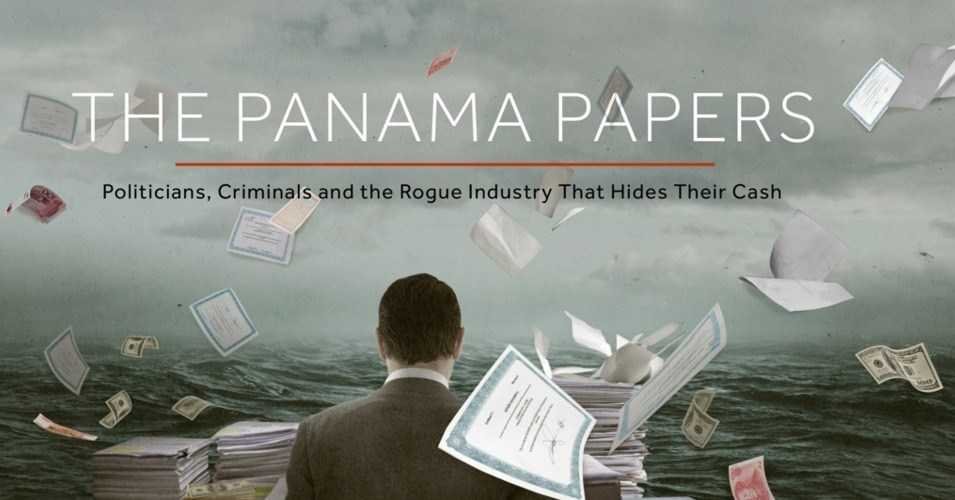The last leak that shook the world (Panama Papers) seems to be the result of a hack on Mossack Fonseca's e-mail server last year.
The Panama Papers leak by the Panama-based international firm Mossack Fonseca seems to confirm what everyone suspects but can rarely prove: wealthy politicians, businesses, investors, and criminals use offshore companies as a haven to hide their wealth from the public and of course from the tax authorities.
The Bloomberg reports that its co-founder Ramon Fonseca told Channel 2 that the documents that they leaked they are authentic and that they were "eavesdropped by someone." hacker".
According to The Spanish, the hacker gained access to a huge "pool" of documents by breaking into the e-mail server of the company Mossack Fonseca.
The company responded immediately by sending a message to its customers stating what had happened, that it was investigating how the breach occurred, and that it would take "all necessary measures to prevent future breaches".
The Panama Papers Leak is described as the largest document leak ever, and the International Consortium of Investigative Journalists (ICIJ), which coordinates document circulation, says there are 11,5 million documents. and 2.6 TB of data.
The leak has exposed the offshore activities of hundreds of politicians and public figures from around the world, such as Iceland Prime Minister David Gunnlaugsson, British Prime Minister David Cameron's late father, Vladimir Putin and many others.
PS: among the names there is of course the Greek element, so that we can feel proud….





